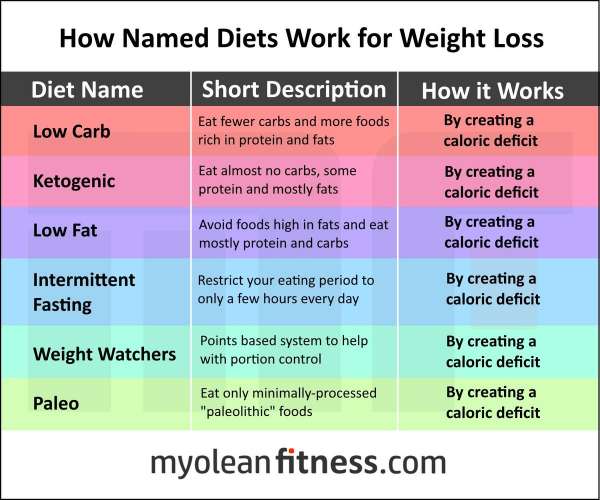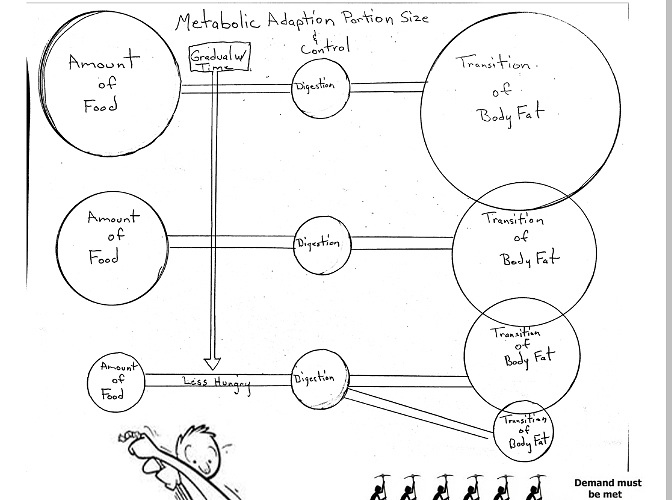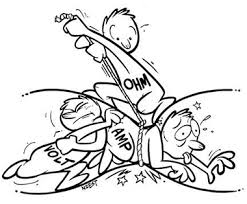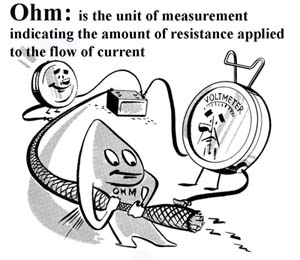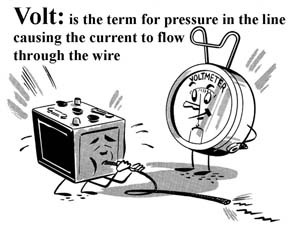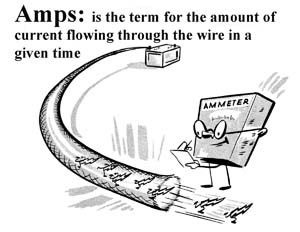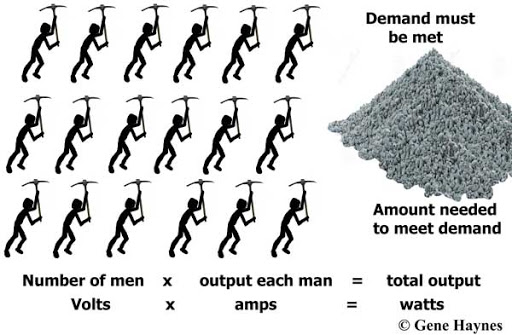That’s silly. I don’t think you can present one instance where your “critics” state their opinions as if they are independent fact. So right away we’re back to “at the very least let’s make sure that our statements are true.” It’s not “bloviating” to focus on telling the truth.
You’re having emotional reactions to logic. Here’s an example:
Good grief, get over yourself. “Oh, the DRAMA…” 
It really is like you see yourself on some ‘mythic quest’ to slay an evil dragon whose nefarious forces are arrayed against you. “Tilting at windmills” as somebody said. Hat tip @ElmosUzi
In reality, you’re just confused, and pretending that different groups of people are the same.
Somehow, you are blind to the fact that nobody in this thread is a proponent of CICO as you conceive of it. Good points have been made about physics and the laws of thermodynamics. But nobody is disagreeing with Jason Fung, for example. You really are just pretending about people.
If you think anybody is a proponent of CICO as you conceive of it, then quote them. Let’s see if you have any basis for what you’re talking about. In the absence of your ability to quote anyone like that - which I’m pretty sure is absolute - then all that is present is your confusion. So how about just stopping such pretending?
@amwassil You seem to be all upset over this sentiment, but it’s nothing beyond basic reasonableness. We should all perhaps just slow down a bit, consider our words, and not state falsehoods.
I don’t see you quoting anybody to support your contentions about the people on this forum. Meanwhile, you are the one making false statements, and in your ‘mythic quest’ you’re the one willing to mischaracterize CICO, i.e.
That’s not true. True is better than not true.
Copying and pasting a bunch of links isn’t what makes one credible.


 Let’s see who can stick to logic and sense.
Let’s see who can stick to logic and sense. ). I do tend to agree with your last statement there. (Or that they make incorrect assumptions about the quantitites.)
). I do tend to agree with your last statement there. (Or that they make incorrect assumptions about the quantitites.)
